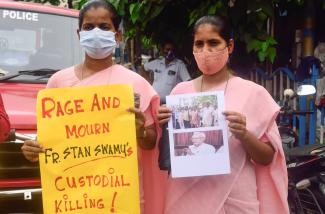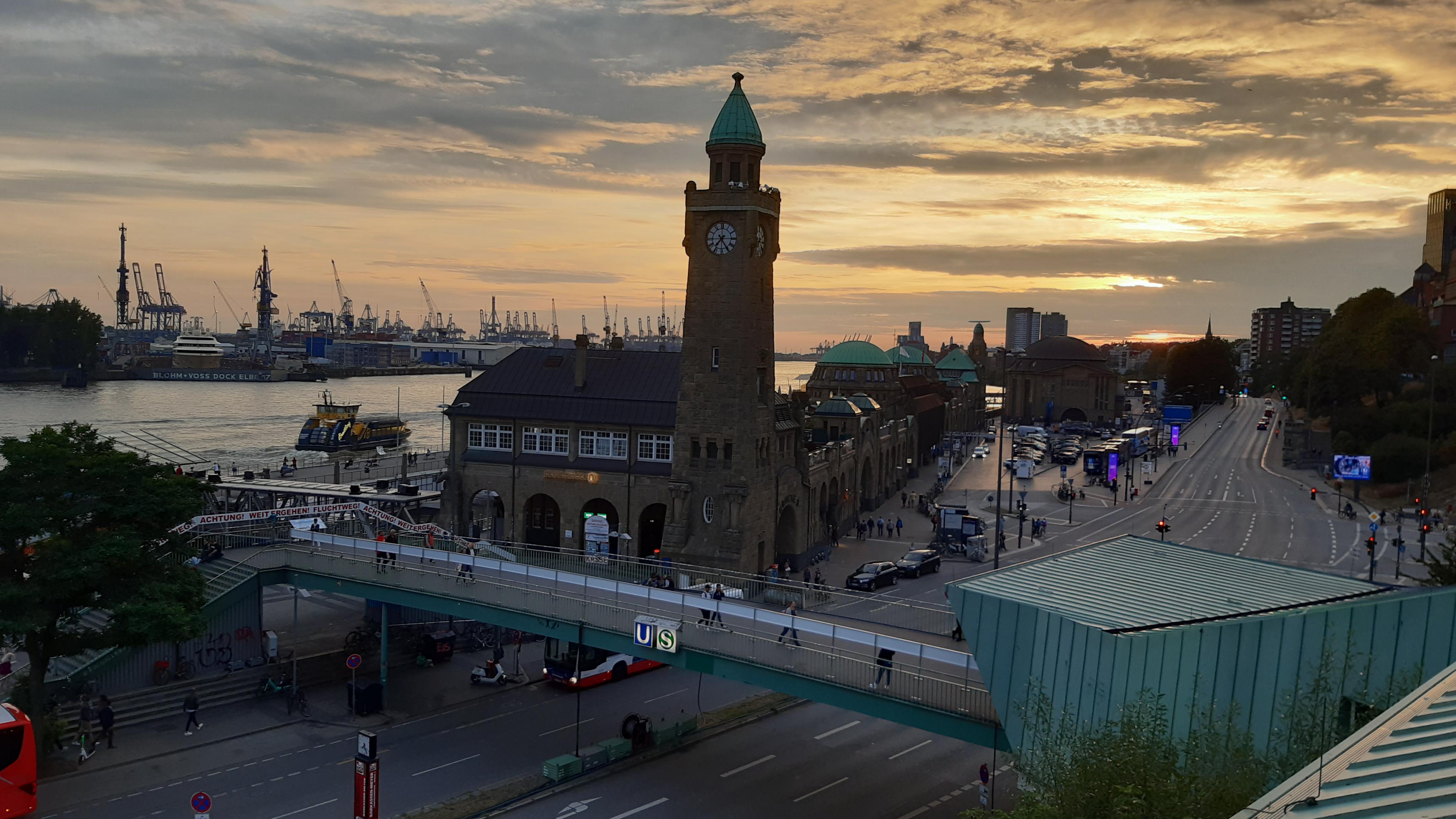Human rights
India has become “a flawed democracy”

The Economist Intelligence Unit calls India a “flawed democracy”. In the same vein, the annual Freedom House report, which assesses the state of democracy around the world, only lists India in the category “partly free”. Things have been deteriorating since Prime Minister Narendra Modi’s Hindu-supremacist Bharatiya Janata Party (BJP) came to power in 2014. With not even 40 % of the nation’s vote, it won a thumping majority in the parliament. That happened again in the election of 2019.
There is a troublesome pattern of people being silenced after daring to criticise the government and its supporters. Consider recent faith-based violence in the small eastern state of Tripura. Extremist mobs hounded Muslims in pogrom-like scenarios, claiming to take revenge for similar anti-Hindu action in neighbouring Bangladesh. The police are now investigating some 100 people who spoke out against Indian mobs in Tripura on social media. The charge is that they breached the draconian Unlawful Activities (Prevention) Act (UAPA).
In spite of India’s secular constitution, Hindu-supremacists pretend that only people of their faith are real Indians. Two years ago, there was a broad-based social movement against the introduction of a citizenship law that discriminated against Muslims. The movement’s epicentre was in Shaheen Bagh, a Delhi neighbourhood (see Arfa Khanum Sherwani on our D+C/E+Z platform). It also opposed police violence, demanded jobs and called for better protection of women. Government propaganda discredited this overwhelmingly non-violent campaign as a dangerous insurgency. In truth, it was defending the constitution.
The movement ended in February 2020 with the Covid-19 lockdown, after parts of Delhi were rocked by communal violence. Mosques were burnt down and twice more Muslims than Hindus died. As is happening now in Tripura, the perpetrators of anti-Muslim violence largely enjoyed impunity, while many of those who supported the pro-secularism protests were accused of UAPA breaches.
Early this year, another protest movement erupted. Farmers vehemently opposed government plans to let agriculture be guided by market forces. The plans were withdrawn in November, but when protests were gaining momentum, the government resorted to repression and provoked violent clashes. Many protestors belong to the Sikh community, and they were targeted in particular. They are not Hindus.
This year, Twitter was ordered to block accounts that favoured the farmers’ protests. The government claimed they were inciting public disorder. Facebook and Twitter were persuaded to shut down millions of accounts for perceived offenses of this kind. Anti-minority hatred, however, keeps spreading on social media without BJP-run authorities intervening.
The shutting down of internet services during protests has now become a norm. Indeed, internet access in Kashmir is permanently limited to certain websites the government approves of. In 2019, it dissolved what up to then had been the country’s only Muslim-majority state and afterwards shut down the internet completely there for months (see Arfa Khanum Sherwani on our D+C/E+Z platform).
According to official data, more than 8,300 people – among them priests, professors, poets, students, lawyers, journalists and stand-up comedians – were arrested and jailed in the last five years. Even law courts have qualified this as abuse of power. The most prominent victim was perhaps Stan Swamy, a Catholic priest, tribal rights activist and Parkinson’s disease patient. Accused of terrorism, he died in detention in July 2021.
Various laws are used to act against government critics. Even long established media brands such as Dainik Bhaskar, a daily newspaper with a circulation of more than 4.5 million, is not safe. After it exposed government efforts to hide the true number of Covid deaths, it is now being hounded with tax raids. It is telling, moreover, that Amnesty International and Human Rights Watch no longer have offices in India.
Mira Mandal is the pseudonym that the editorial team of D+C/E+Z has given our Indian author for obvious reasons.
euz.editor@dandc.eu









